Stories & galleries
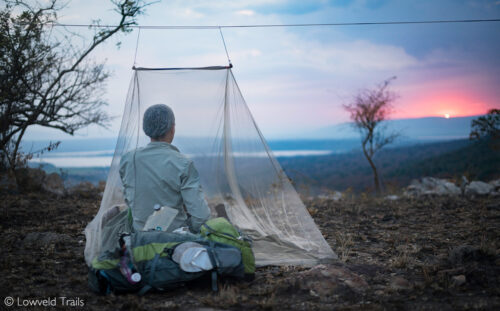
THIS WEEK
Elephant poaching on the rise in Botswana; experience wild Africa on a walking safari; and early-bird savings on a Kafue safari – this week with AG
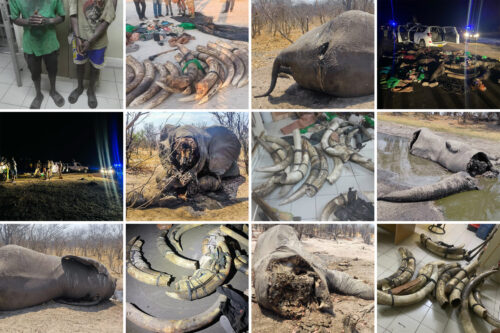
Is elephant poaching on the rise in Botswana?
A spate of arrests points to an elephant poaching increase in Botswana, shining a light on the efficacy of anti-poaching systems
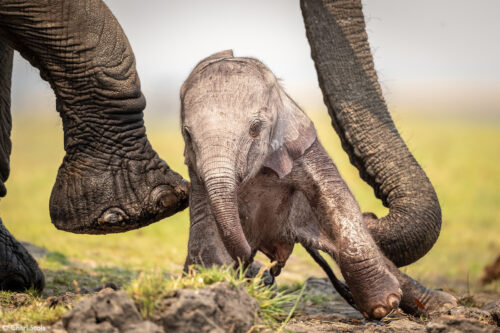
THIS WEEK
Epic black leopard pics; malaria-free safaris; buttered popcorn; lost mole finally found and how to plan your Jan safari – this week with AG

The incredible black leopard of Laikipia
Seeing a black leopard in the wild is an extraordinary feat. But Dan Peel has captured incredible photos of Laikipia’s now famous black panther. Check them out here.
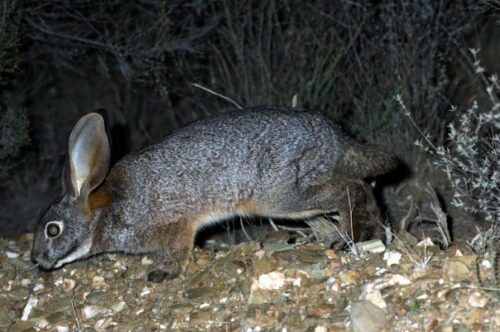
Unveiling the mysteries of the riverine rabbit
Discovering additional riverine rabbit populations and gathering information about this elusive species has been a challenge. Here’s why

THIS WEEK
All the tips for your December safari; experience the cultural nirvana of Ethiopia, the wonders of hamerkop nests; beachside bliss in De Hoop – this week with AG
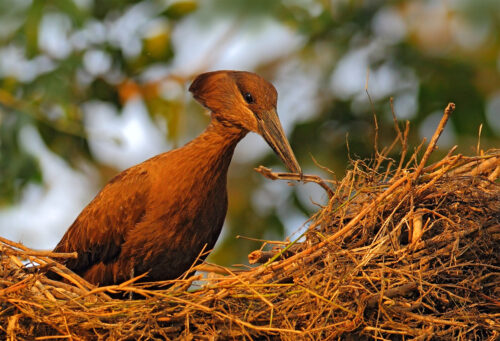
Who’s been sleeping in my bed? New study identifies the bird species that use hamerkop nests for breeding
Hamerkops create one of the largest nests of any individual bird in the world. But other bird species use these nests for breeding

THIS WEEK
Fragile lion kingdoms; the ultimate South African safari guide; Botswana mobile safari and the head of a starfish – this week with AG
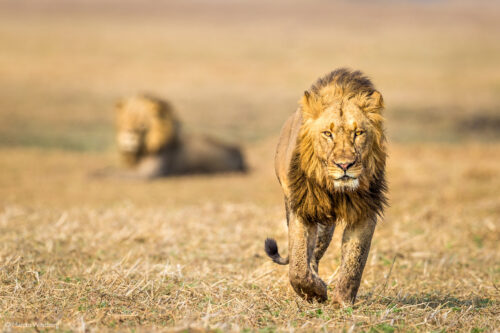
The fragile kingdoms of the African lion
Lions are under threat. A new study examines the fragility of lion populations in Africa, probing socio-political & ecological factors
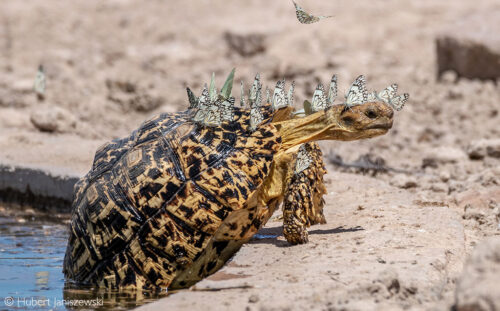
THIS WEEK
Kingsley Holgate’s expedition to Matusadona; elephants vs trees; Mumbo Island escape and a rare rain frog rediscovered – this week with AG

Resilience and renaissance in Matusadona
Kingsley Holgate & his Afrika Odyssey expedition team are connecting 22 parks managed by African Parks. Read about their trip to Matusadona NP
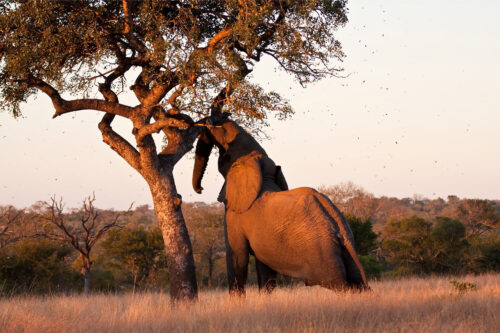
Net win – saving Africa’s trees from elephants
New research shows that wire-netting can be used to significantly increase tree survival by reducing elephant impact on large trees




